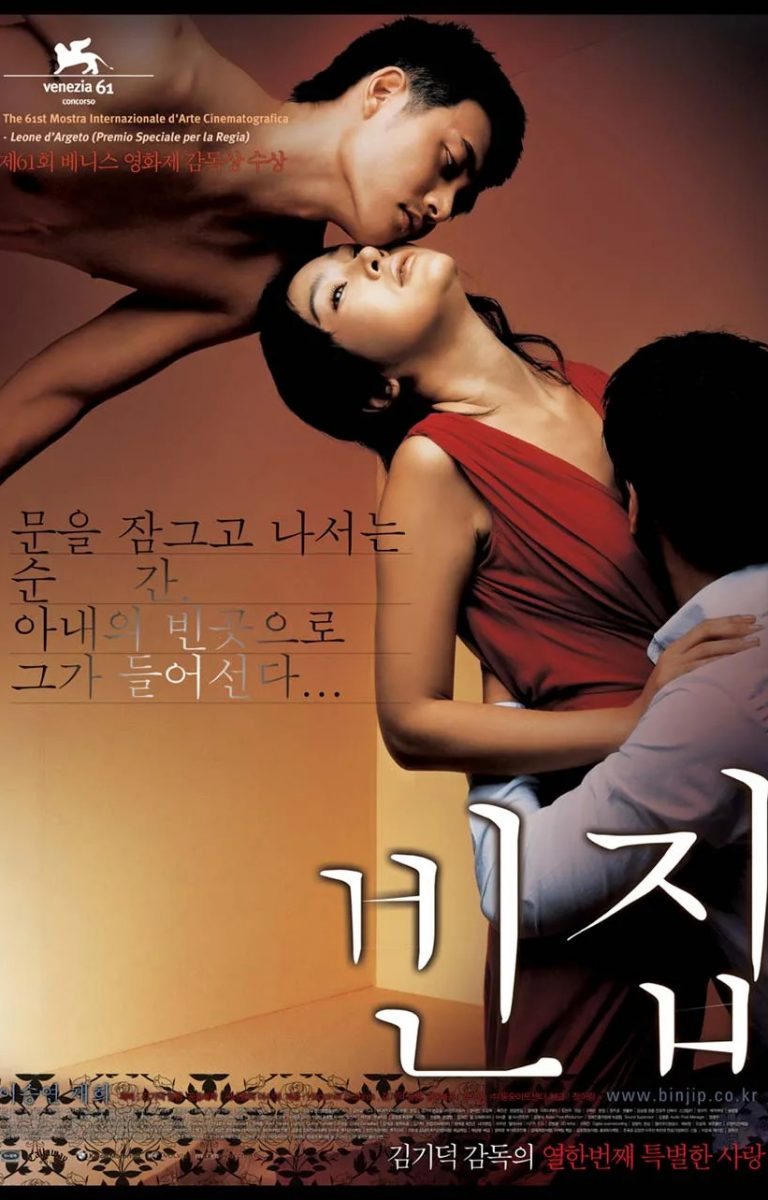3-IRON
Synopsis
Tae-suk (Jae Hee) is a drifter who survives by breaking into unoccupied homes. Strangely, he never steals anything - instead, he "borrows" the space, eats the food, cleans, and even repairs broken appliances as a form of gratitude. One day, Tae-suk unexpectedly encounters Sun-hwa (Lee Seung-yeon), a woman trapped in an abusive marriage. From that moment, two souls seemingly out of place in this world find each other. Together, they embark on a journey of escape—fleeing societal constraints to live a drifting, unanchored life, yet one filled with raw emotion.
Director's biography
Kim Ki-duk (born in 1960) is one of the most prominent and controversial filmmakers in South Korea. After studying fine arts in Paris, he began his filmmaking career in 1995 and quickly made a mark with his debut film Crocodile (1996). His works often focus on controversial themes such as violence, loneliness, and complex human relationships. In 2000, The Isle brought him international attention and elevated him to new heights, earning awards at the Venice Film Festival. He continued his success with Spring, Summer, Fall, Winter... and Spring (2003), which was widely praised and became the most successful Korean film in the U.S. for many years. Despite receiving international recognition, Kim Ki-duk's films were often met with resistance in South Korea, where they were not warmly received. Nevertheless, he continued to create and has been a strong advocate for independent cinema in Korea. In 2012, Pieta earned Kim Ki-duk the Golden Lion at the Venice Film Festival, making him the first Korean filmmaker to win the highest award at major film festivals like Cannes, Berlin, and Venice. With a career spanning several decades and a lasting impact, Kim Ki-duk remains one of the most notable figures in contemporary cinema.



